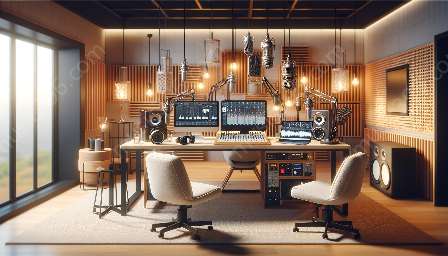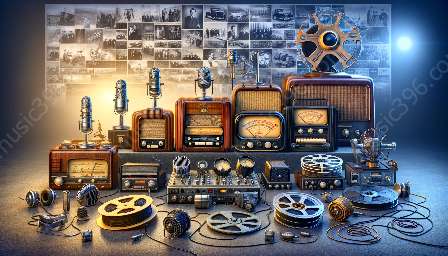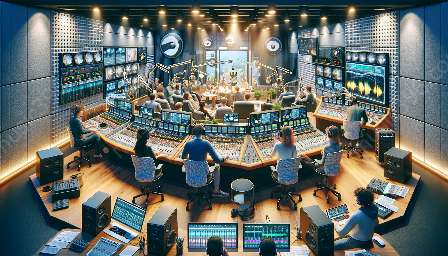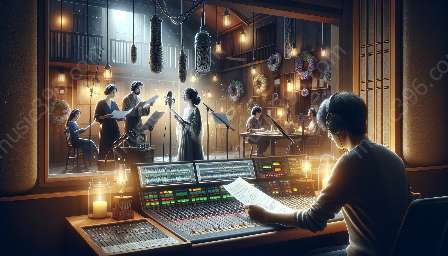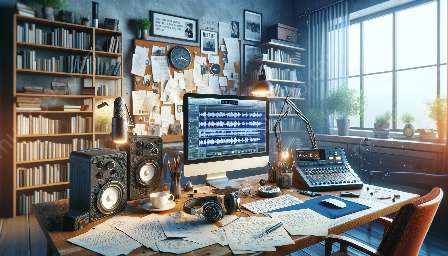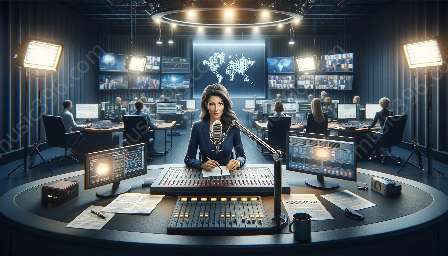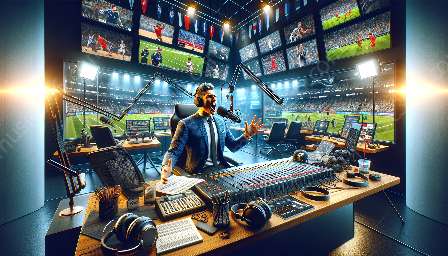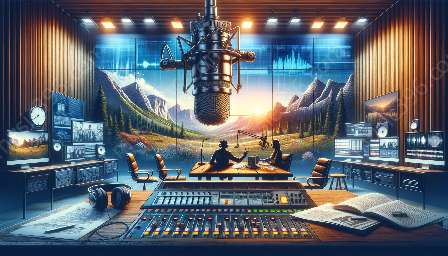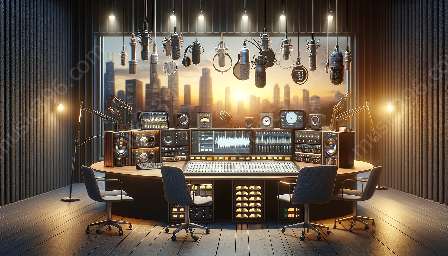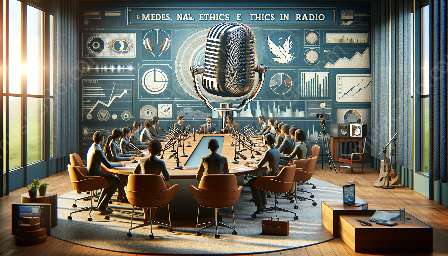Sports radio is an integral part of the fan experience, providing real-time updates, expert analysis, and lively commentary on games and events. The role of sound engineering in sports radio is crucial for delivering an immersive and captivating listening experience to the audience. This topic cluster will explore the various aspects of optimal sound engineering in sports radio, including the technical aspects, best practices, and the impact of high-quality sound on audience engagement.
The Importance of Sound Engineering in Sports Radio
Sound engineering plays a pivotal role in shaping the on-air experience for sports radio listeners. Whether it's the roar of the crowd, the passionate commentary of the hosts, or the clarity of the play-by-play analysis, the quality of sound directly impacts the engagement and enjoyment of the audience.
Technical Aspects of Sound Engineering in Sports Radio
Delivering high-quality sound in sports radio requires a deep understanding of audio equipment, signal processing, and acoustics. Sound engineers need to consider factors such as microphone placement, equalization, compression, and noise reduction to ensure that the audio output is clear, balanced, and free from distortion.
Microphone Techniques
Microphones are essential tools for capturing the sounds of live events, interviews, and studio discussions in sports radio. Utilizing the right microphone types and placements can significantly impact the overall sound quality. Whether it's a dynamic microphone for capturing the energy of the crowd or a condenser microphone for capturing detailed commentary, choosing the right equipment and techniques is critical.
Signal Processing and Audio Effects
Signal processing techniques such as equalization, compression, and reverberation can be used to enhance the audio output and create a more engaging listening experience. By carefully applying these audio effects, sound engineers can correct imbalances, control dynamic range, and add depth to the sound, ultimately elevating the quality of the broadcast.
Best Practices for Optimizing Sound in Sports Radio
There are several best practices that sound engineers can employ to optimize the audio quality in sports radio broadcasting. Paying attention to these practices can help ensure that the sound is clear, immersive, and free from unwanted distractions.
Environment and Acoustics
The acoustic environment of the studio or broadcasting location can significantly impact the sound quality. Sound engineers need to consider factors such as room acoustics, sound isolation, and noise control to create an optimal listening environment. By addressing these considerations, engineers can minimize unwanted reverberation, eliminate external noise, and create a balanced sound output.
Monitoring and Quality Control
Regular monitoring and quality control checks are essential for maintaining the optimal sound quality in sports radio. Sound engineers need to continuously monitor audio levels, check for signal integrity, and ensure that the broadcast meets the desired standards. By implementing rigorous quality control measures, engineers can identify and address any issues that may affect the sound quality.
Impact of High-Quality Sound on Audience Engagement
High-quality sound engineering directly influences the engagement and emotional connection of the audience with sports radio broadcasts. Clear, immersive sound can draw listeners into the excitement of live events, evoke emotions, and enhance the overall listening experience. By prioritizing optimal sound engineering, sports radio broadcasters can captivate their audiences and create a lasting impact.
Conclusion
Optimal sound engineering is paramount for delivering an engaging and immersive sports radio experience. By mastering the technical aspects, implementing best practices, and understanding the impact of high-quality sound, sound engineers can elevate the audio output and create a captivating atmosphere for sports radio listeners. Through continuous innovation and attention to detail, sports radio broadcasters can set new standards for audio excellence, enhancing the enjoyment and satisfaction of their audience.

